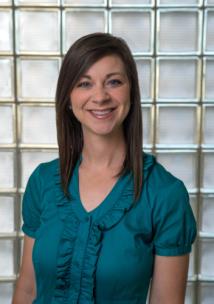
Madison Thomason
June is National Men’s Health Month and the Greater Chattanooga Colon Cancer Foundation wants to remind everyone that regular colonoscopy screening begins at age 45 unless you have symptoms, a family history or a genetic risk for colon cancer.
"According to the NIH, 5-10 percent of colorectal cancers are hereditary, and Hamilton County is home to several cancer genetic counselors who help individuals and families learn about their risk factors for developing cancer," officials said. "Additionally, the Genetic Information Nondiscrimination Act (GINA) of 2008 protects Americans from discrimination based on their genetic information in both health insurance (Title I) and employment (Title II)."
GCCCF Board Member Madison Thomason is a licensed, certified genetic counselor at CHI Memorial Rees Skillern Cancer Institute. She specializes in oncology and gathers individual and family medical histories to assess the likelihood of a hereditary link, and to determine if genetic testing is appropriate
“Genetic testing is done by saliva or blood, if someone is deemed appropriate for testing, so not very invasive,” said Ms. Thomason. “Once we have the results, we interpret them in the context of an individual’s personal and family histories and determine a plan which could include earlier screenings and/or more frequent screenings. Someone with a genetic risk for colon cancer might start their colonoscopies before age 45, the starting age for someone at average risk. They may also need to have them more often, perhaps as frequently as every one or two years. In some cases, a preventative surgery or an oral medication may be recommended to lower the chance for cancer. These can be life-saving measures.”
"Genetic counseling can help people better understand their risk for colon cancer and empower them to take steps to either prevent colon cancer altogether or catch it at an early stage," officials said. "The GCCCF works with community partners to raise awareness, provide education and support and accelerate community understanding that colon and rectal cancers are preventable, treatable and beatable. To learn more visit www.gcccf.org."